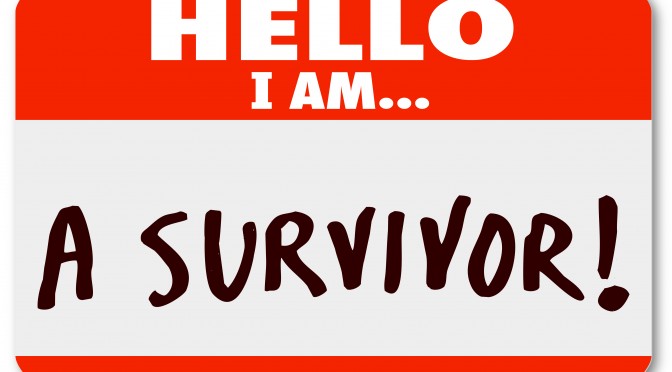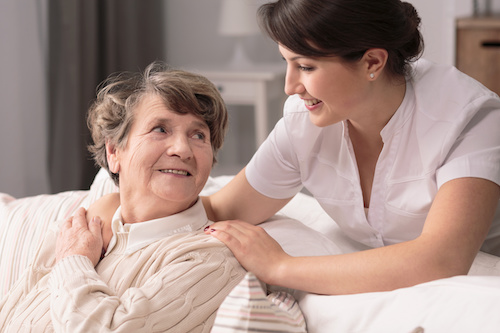The sustained presence of COVID-19, including the fluctuating easing and reinstating of restrictions, makes it difficult to feel hopeful. As a result, it is critical to identify ways to support our mental and physical wellbeing. It will help us as we work to keep persevering.
Wishful Thinking
When the shelter-at-home orders were put in place earlier this year, the thought was that life would get back to normal anywhere from a few weeks or months. We thought things could get better in the fall, possibly the summer. At that time, the COVID-19 quarantine felt more like a sprint.
As time progressed, we might have thought that the COVID-19 quarantine was more of a marathon, and not a sprint. At this point, we now know that the COVID-19 quarantine is more of a triathlon, not a marathon.
Planning ahead
Preparing for a triathlon would be daunting at best, to say nothing of actually competing in one. As a result, athletes who compete in a triathlon must prepare in advance, somewhere between three to six months at least. For caregivers, both family members and caregivers in healthcare, having any lead time to prepare would have been helpful. Unfortunately, there were limits to being able to prepare adequately. Who knew exactly what we needed to prepare for? Moreover, who knows how long this quarantine will continue?
Persevering
How can we persevere during this uncertain time? There are some parallels in training and preparing for a triathlon and persevering during the COVID-19 quarantine. Some of the ways to persevere can be beyond our control, like making sure you have the right equipment for competition. Other ways to persevere include keeping your body fueled and properly hydrated. Another way to persevere is to find someone to support/coach you when you hit a wall. Also, finding what works for you can help refresh and renew your spirit.
According to the Chinese philosopher Lao-Tzu, the journey of one thousand miles must begin with a single step. While we don’t know how many steps we must take until this COVID-19 journey concludes, we know we must keep going.
Kathy Dreyer, Ph.D., is an Advisor at AGE-u-cate® Training Institute, which develops and delivers innovative research-based aging and dementia training programs such as Dementia Live® and Compassionate Touch®, for professional and family caregivers; kathy.dreyer@ageucate.com



 Julie has worked in Aging Services for over 30 years and has been a Licensed Nursing Home Administrator since 1990. She is a Certified Master Trainer with the
Julie has worked in Aging Services for over 30 years and has been a Licensed Nursing Home Administrator since 1990. She is a Certified Master Trainer with the 